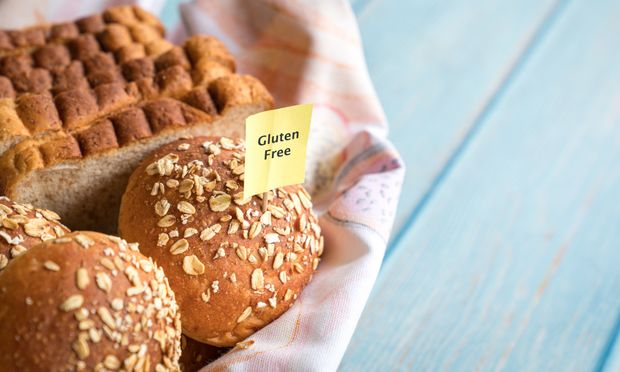For most, gluten containing foods like rye, wheat, and barley can be a delicious and nutritious addition to one’s diet. These whole grains can provide B vitamins, iron, zinc, and fiber. For a small segment of the population though, gluten can be dangerous. According to the Celiac Disease Foundation, roughly 1.4% of the global population has Celiac disease.
What is Celiac Disease?
Celiac disease is an autoimmune disease that seems to often run in families, meaning there is likely a genetic component. When someone with celiac disease eats any food containing gluten the body reacts inappropriately. Instead of letting the food pass on through, the immune system is triggered by gluten and in the process can damage the intestinal lining. Additionally, each time the intestinal lining is damaged it is harder and harder for your body to absorb nutrients out of food.
Signs and symptoms of celiac disease can be very broad. Anyone who suspects they may have celiac disease should see a gastroenterologist, which is a doctor who specializes in digestive disorders. Some possible symptoms include malnutrition, unexplained weight loss, anemia, diarrhea, and fatigue. If your doctor believes you may have celiac disease they can order a blood test or they may schedule a tissue biopsy.
How Can I Manage Celiac Disease?
For those diagnosed with celiac disease, the recommendation is complete avoidance of gluten containing grains. This includes rye, wheat, barley, and any foods that are derived from them. Typically oats share the same equipment as the gluten containing grains mentioned and therefore should also be purchased as gluten-free. Gluten can be found in the strangest places such as some bouillon cubes, gravies, and even soy sauce. Because someone with celiac disease likely already has some symptoms at the time of diagnosis, and because they must avoid certain foods it is recommended to meet with a Registered Dietitian after diagnosis. A Registered Dietitian can assist in label reading, menu planning, and managing celiac disease.
What About Gluten Sensitivity?
What is intolerance or sensitivity? While this is not the same as celiac disease, some people do have real symptoms associated with eating gluten containing foods. Someone who is gluten sensitive may not have the same immune response in the presence of gluten, but may have some symptoms associated with ingestion. For anyone who suspects this, it is beneficial to speak with your doctor to rule out any other medical conditions or food allergies that may be causing these symptoms.
Health Topics:







